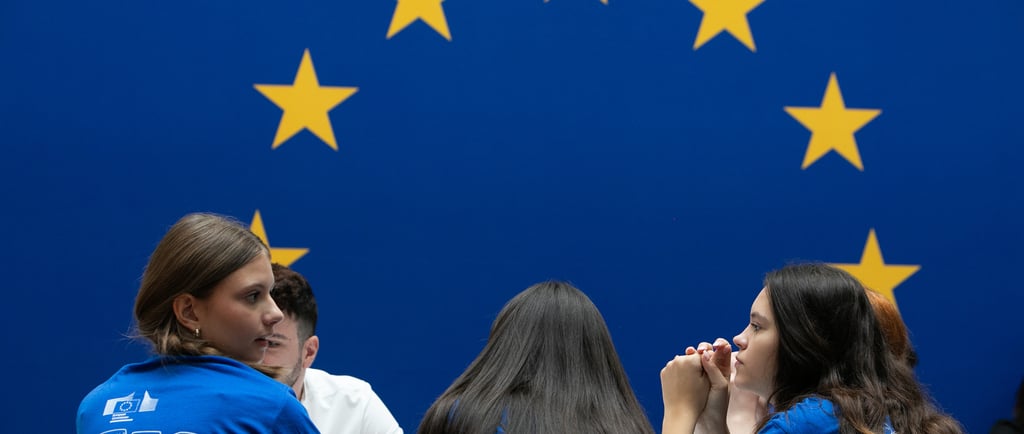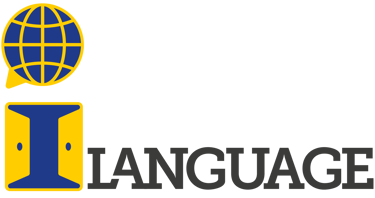Discover and celebrate linguistic diversity on the European Day of Languages
Every year on 26 September, Europe celebrates the European Day of Languages. This annual event gives us the opportunity to delve into the fascinating world of languages and celebrate the cultural diversity that defines our continent. But why is the European Day of Languages so important and how can we take part in this exciting celebration?
EDUCATIONMULTILINGUALSACTIVITIESDIVERSITY
iLanguage Team
10/3/20232 min read


The European Day of Languages at a Glance
The European Day of Languages is a joint initiative of the Council of Europe and the European Commission and has been celebrated since 2001. Its aim is to promote linguistic diversity, support language learning and encourage intercultural understanding throughout Europe.
Europe is a continent rich in traditions, cultures and languages. More than 200 different languages are spoken in Europe, making it a melting pot of diversity. This special day invites us to explore and appreciate this linguistic wealth, while encouraging us to learn new languages and discover other cultures.
The importance of the festival of linguistic diversity
Linguistic diversity is one of Europe's most precious assets. Every language is a window to a unique culture, a unique perspective on the world and a way to connect with people from different backgrounds. Celebrating this diversity helps us to better understand our neighbours and build bridges between communities.
Furthermore, the European Day of Languages reminds us of the importance of preserving our linguistic and cultural heritage. As the world becomes increasingly globalised, it is important to preserve our mother tongues and pass them on to future generations. This strengthens our identity and connects us to our roots.
iLanguage: The key to opening new doors
On this European Day of Languages, we want to highlight the importance of language learning and this is where the concept of iLanguage comes in. iLanguage refers to the idea of making a new language part of who you are. It's more than just learning words and grammar, it's about embracing the culture and mentality of a language.
Learning a new language not only allows us to communicate better when traveling, but also puts us in touch with people from all over the world. It allows us to understand other points of view and opens doors to professional and cultural opportunities that would otherwise be closed to us.
How to celebrate the European Day of Languages
1. Learn a new language: Have you always wanted to learn French, German, Spanish or another language? Now is the perfect time to start! You can sign up for courses, use language learning apps or join online language exchange groups.
2. Discover new cultures: Explore the customs, cuisine and history of different European countries. Immerse yourself in a country's culture through films, music and books in the original language.
3. Speak to native speakers: If you have the opportunity, speak to people who speak the language you are learning. Practicing with native speakers is one of the most effective ways to improve your language skills.
4. Share your knowledge: If you already speak several languages, consider sharing your passion for language learning with others. You can organize language exchange events or help others learn.
5. Celebrate your own language and culture: Don't forget to appreciate your native language and cultural roots. Share your traditions with friends and family to keep your heritage alive.
Celebrate linguistic diversity
On this European Day of Languages, we celebrate the linguistic diversity that enriches our lives and unites us as Europeans. We use this opportunity to learn, explore and connect with people from all over the world through the power of words and intercultural understanding – So proud of the European Day of Languages!
Our activities for this European Day of Languages 2023 were:
Conference and interactive station, Europahaus – Vienna.
Interactive station – European Researcher's Night
Multilingual reading – Herder Bookstore Vienna
We look forward to seeing you again next year with many surprises – stay tuned!
We'll read each other soon! 😉
©Europäische Kommission/APA-Fotoservice/Katharina F.-Roßboth


